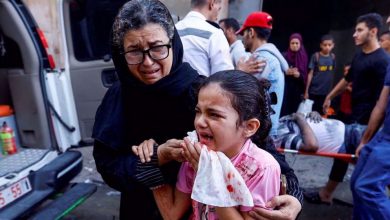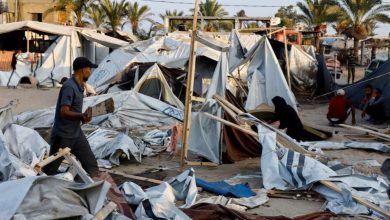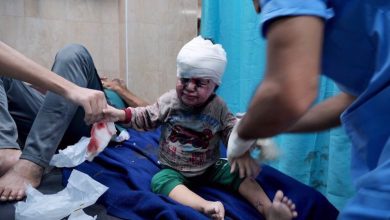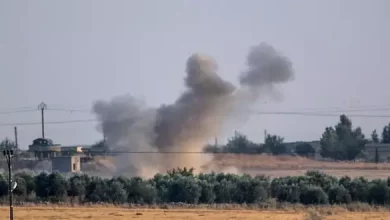World failing Izadi women forced into sex slavery by Daesh terrorists: Charity head
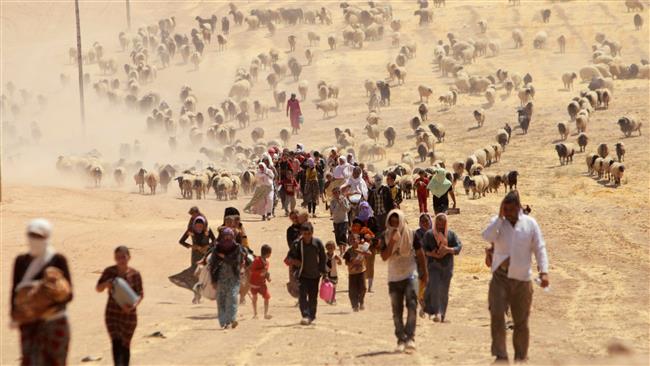

The head of a charity group has criticized the international community’s inaction towards Izadi women, kidnapped by the Daesh Takfiri terrorist group and forced into sex slavery in Iraq and Syria.
Murad Ismael, executive director of the US-based Yazda advocacy, aid, and relief organization, told Reuters that about 3,000 girls from the Iraqi minority group still remain in Daesh captivity.
He said that many Izadi women and girls had been brainwashed or killed in captivity, while those who had managed to escape after years of enslavement and rape were left struggling to survive without an income or identity papers.
“Every inch of these women’s body and soul is broken,” said Ismael. “And yet the international system is failing to embrace them and help them return to normal life.”
“These girls, they just want to resume school, go back to normal. But they’re not given any income or support so many of them have to be a father and a mother to their siblings, in addition to being a survivor,” said the head of the charity group.
Ismael, whose organization dedicated to helping survivors, said, “We used to get over 100 rescued women and girls arriving to our office each month, but now we only see five or six.”
“The pace of rescues is slowing down because many of these women have already been killed or brainwashed by their captors,” he said.
Horrendous suffering
Manal, a young Izadi woman who was kidnapped at the age of 17 by Daesh terrorists in 2014 and is now being supported by Yazda after being rescued, said her captors used to beat her until she was unconscious.
“When I woke up there were scars on my body and blood all over my clothes,” she said in Arabic through a translator. “I tried to kill myself several times but I didn’t succeed. They didn’t care and raped me again and again.”
Baroness Nicholson, founder and chair of the British-based AMAR Foundation which provides education and healthcare in the Middle East, called on the international community to ensure the Izadis could return home safely, and offer them asylum if they could not face doing so.
“The horrendous suffering of those women and girls so monstrously violated by” Daesh terrorists “should remain in the public consciousness forever,” she said.
Back in 2014, Daesh terrorists overran the northwest Iraq and systematically massacred, captured and enslaved thousands of Izadis.
The militants were driven out a year ago, but many Izadi women have yet to return to their villages.
They also abducted women and girls from Syria’s Raqqah, which served as Daesh’s de facto capital in the war-ravaged Arab country, and Day al-Zawr, another former key Daesh stronghold, where they were sold as sex slaves.
Over the past months, several mass graves containing bodies of people, including members of the Izadi minority group, have been uncovered in Iraq and Syria.

